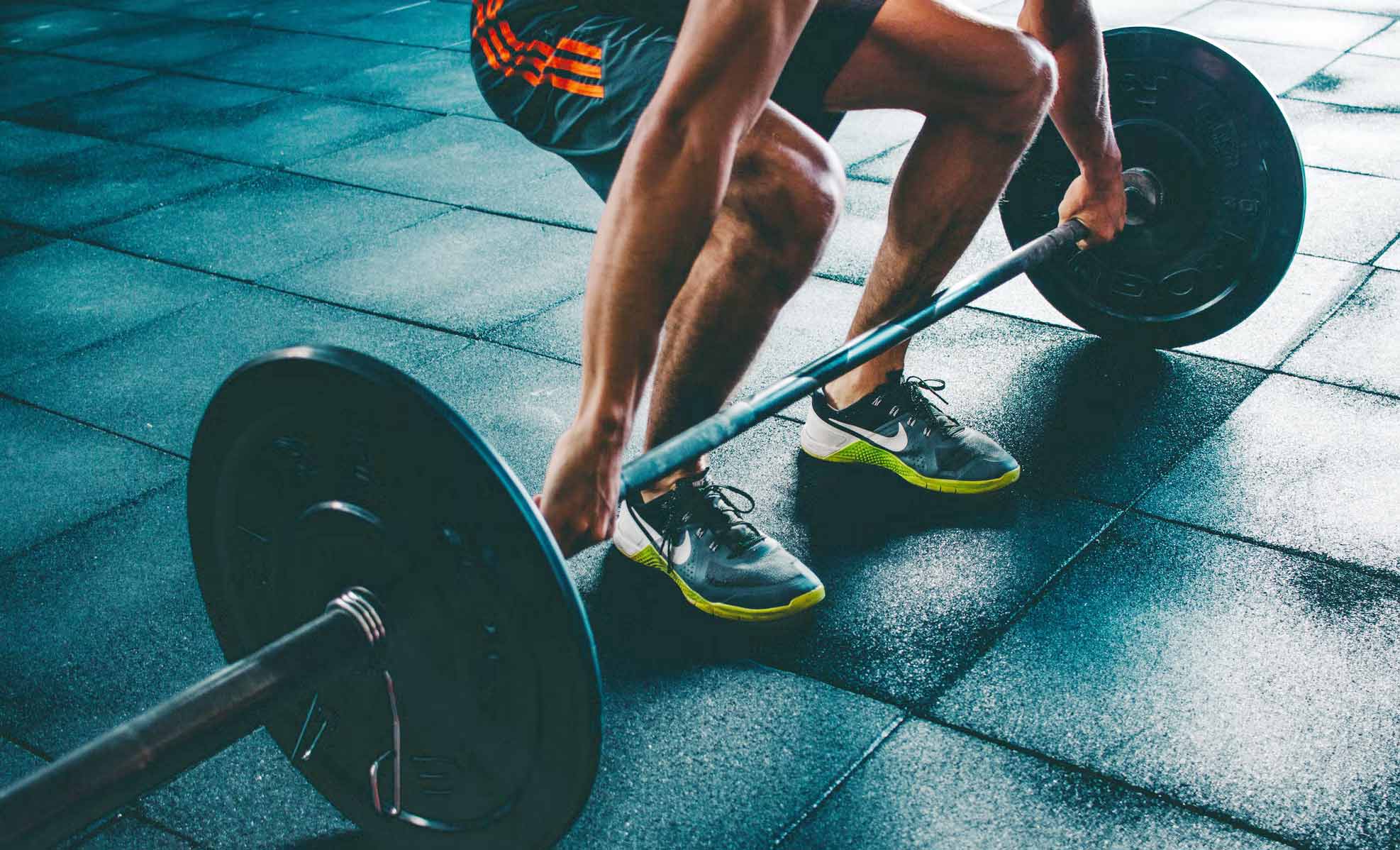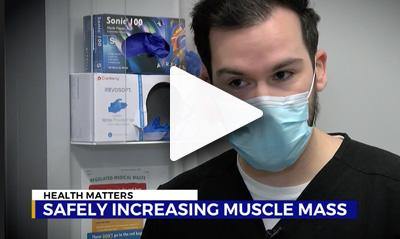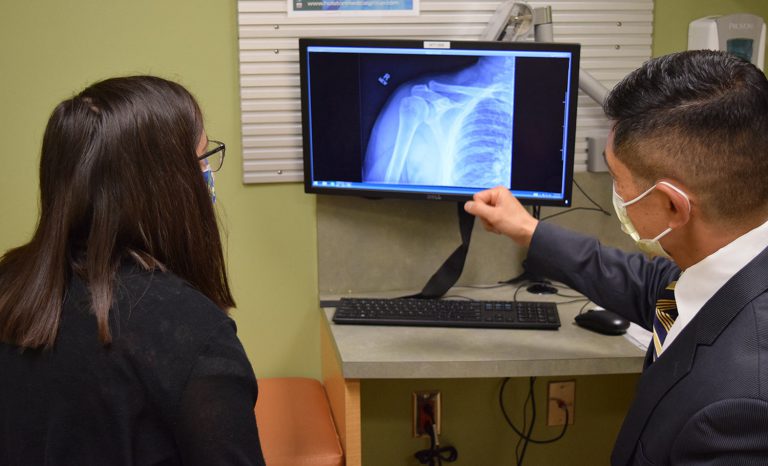With bans in most professional sports and even Congressional hearings that discussed anabolic steroids, why would anyone want to use them at all? For some athletes, weightlifters and bodybuilders, the answer is simple: better recovery time.
The global market for anabolic-androgenic steroids (AAS) is expected to reach more than $8 million over the next five years. Athletes use these types of steroids to build lean muscle quickly, increase strength and power, reduce recovery time after injury or weight sessions, and decrease body fat percentage.
All of those “increases and improvements” come at a cost. The damage done to other parts of the body, particularly the kidneys, can often cause irreparable damage.
Risks of Anabolic Steroid Use
Some of the immediate side effects of AAS include:
- Acne
- Alopecia or hair loss
- Impotence
- Infertility
- Mood changes
- Hypertension
- Liver disease
- High blood pressure
- Increased anger
- Chronic Kidney Disease
Many of the side effects on this list are easily visible; Chronic Kidney Disease (CKD) isn’t. Because the symptoms of CKD don’t appear until patients have nearly reached dialysis stage, 9 in 10 people who suffer from CKD don’t know they have it.
Because the kidneys are so vital to removing waste from our body’s system, untreated CKD can cause other problems as well, like high blood pressure and heart disease.
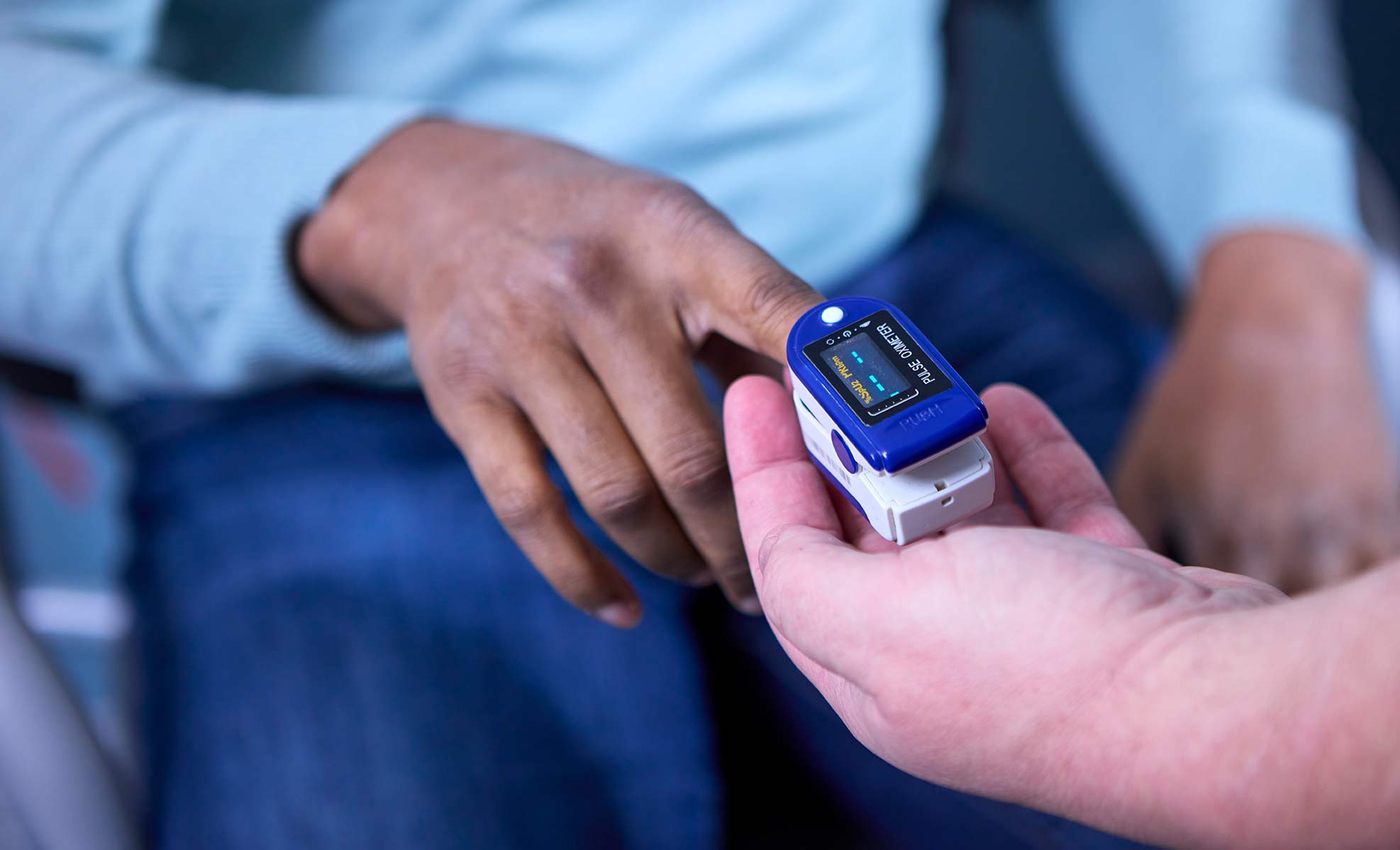
Talk to Your Doctor Before Taking Any Supplements
It’s best to first have a conversation with your HMG primary care physician when you start any exercise regime. Your doctor knows you well and can help you determine how a new exercise routine will impact your overall health.
If you choose to take supplements of any kind, be it AAS or a simple daily vitamin, let your doctor know so that he or she can assess the risk to your health. Your physician can order a simple kidney function test to check your kidneys before you add any supplements, providing a baseline in case there are changes over time.
Should you choose to take AAS as part of your exercise routine, watch for a few symptoms that could suggest CKD:
- Persistent nausea
- Vomiting
- Fatigue and weakness
- Chest pain
- Shortness of breath
However, when these symptoms appear, it may be too late to reverse the damage that steroids have done to the kidneys.
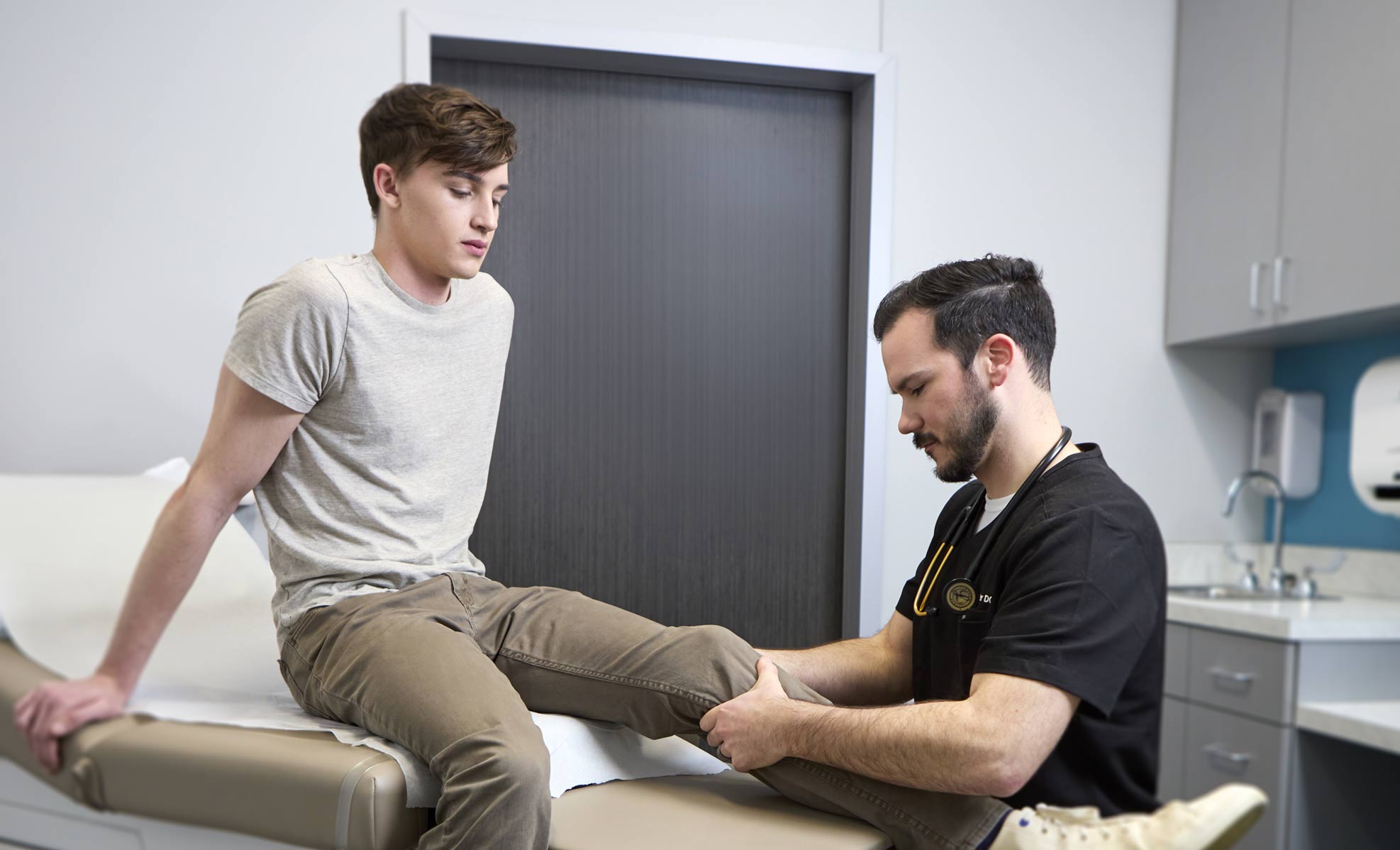
Sometimes, even if you think that you’re adding a natural supplement, you could be doing more harm than good. For example, higher than recommended daily doses of Vitamin D can affect your kidney function. High-energy drinks loaded with caffeine can also be detrimental, especially if you already have underlying kidney issues.
These examples are why a test is recommended before adding any kind of supplements to your diet.
Safely Build Muscle Mass
Steroids are like a get-rich-quick scheme: they seem to solve an immediate need while creating more problems along the way.
Just like trying to get rich, the best course to build muscle mass is with consistency. Maintain an exercise plan that is designed for your body while also improving your nutrition and managing good sleep habits.
If you’re looking to improve your diet, make adjustments for one that is high in protein. You can add natural protein foods like chicken, turkey, salmon, Greek yogurt, and cottage cheese.
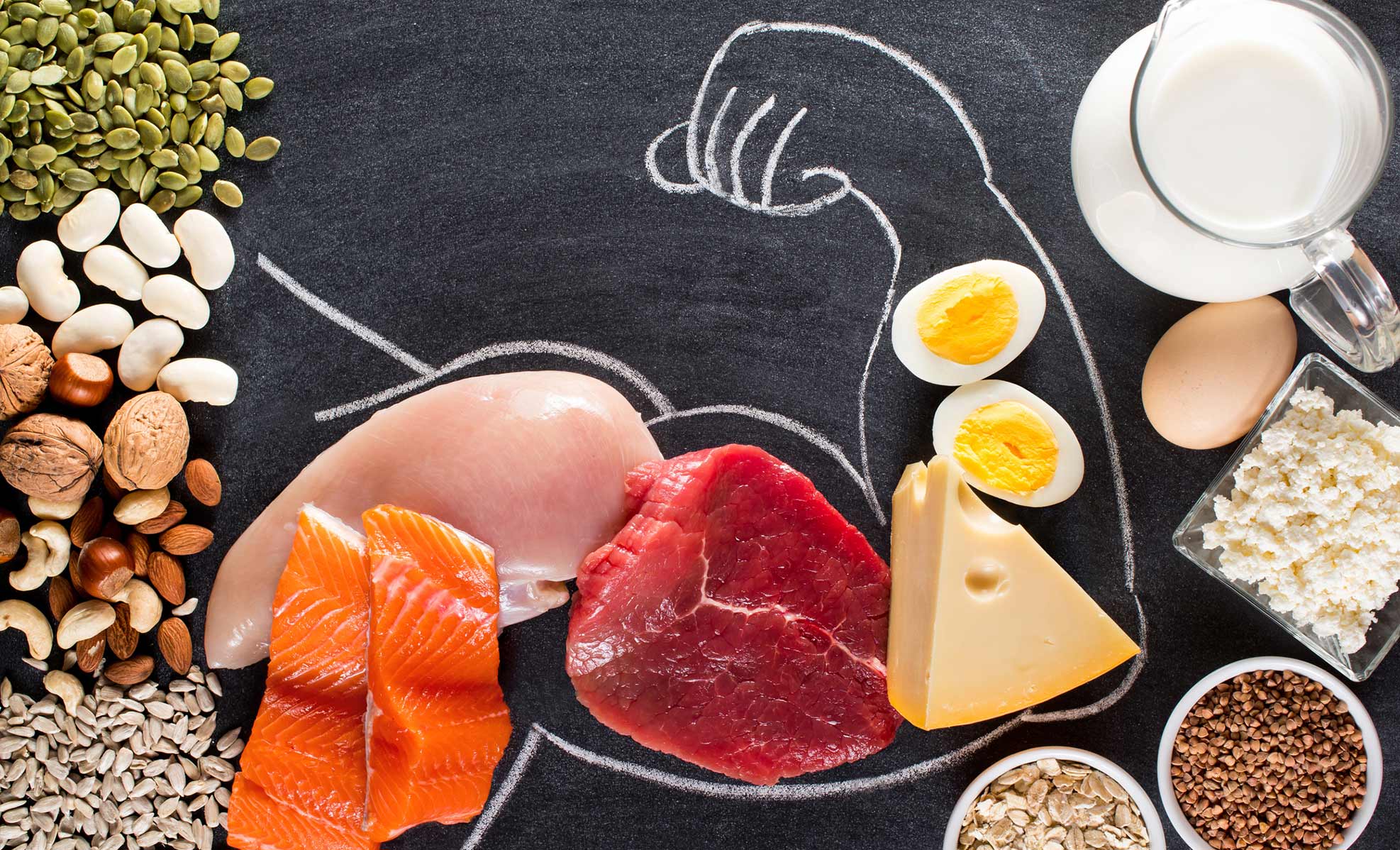
For athletes who are hoping to increase lean muscle mass using supplements, a healthier alternative is creatine in its pure form (not mixed with other supplements). Creatine is found naturally in your body and is used to supply energy to your muscles. If you use between 2-5 grams per day, you can earn the same benefits as AAS without risking your kidneys. Look for creatine options that are NSF Certified for Sport, which means that they are verified not to contain substances that are banned by major sports. You should still discuss supplement use with your HMG doctor before you begin, in case he or she feels that a kidney test is necessary.
Kidney Disease Prevention Starts With a Conversation
For athletes of all ages looking for a rapid recovery after a workout, the best form of recovery is always sleep.
Maintaining a healthy diet that includes 7-8 hours of sleep each night is your best path to allowing your body to rebound after a workout. It’s also important to keep your exercise regimen consistent to teach your body how you expect it to perform.
As your health partner for life, HMG primary care physicians can help you understand how any new exercises and health routines might impact your body. They can guide you as you make the best decisions for your unique needs while helping you understand how those choices will impact your health for years to come.
With alternatives to AAS available, athletes can avoid kidney damage while still meeting fitness and weight gain goals. Preventing kidney disease is the key to enjoying a long and healthy life.
To schedule an appointment with one of our HMG primary care physicians today, contact us or find a provider nearest you at one of our HMG facilities.


